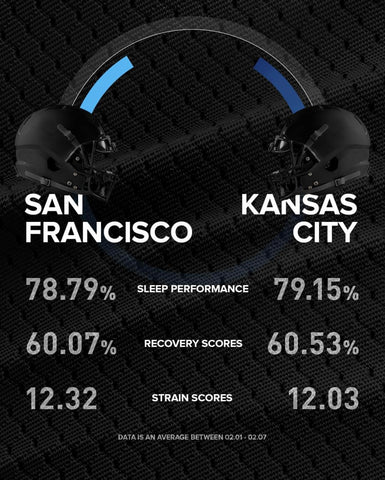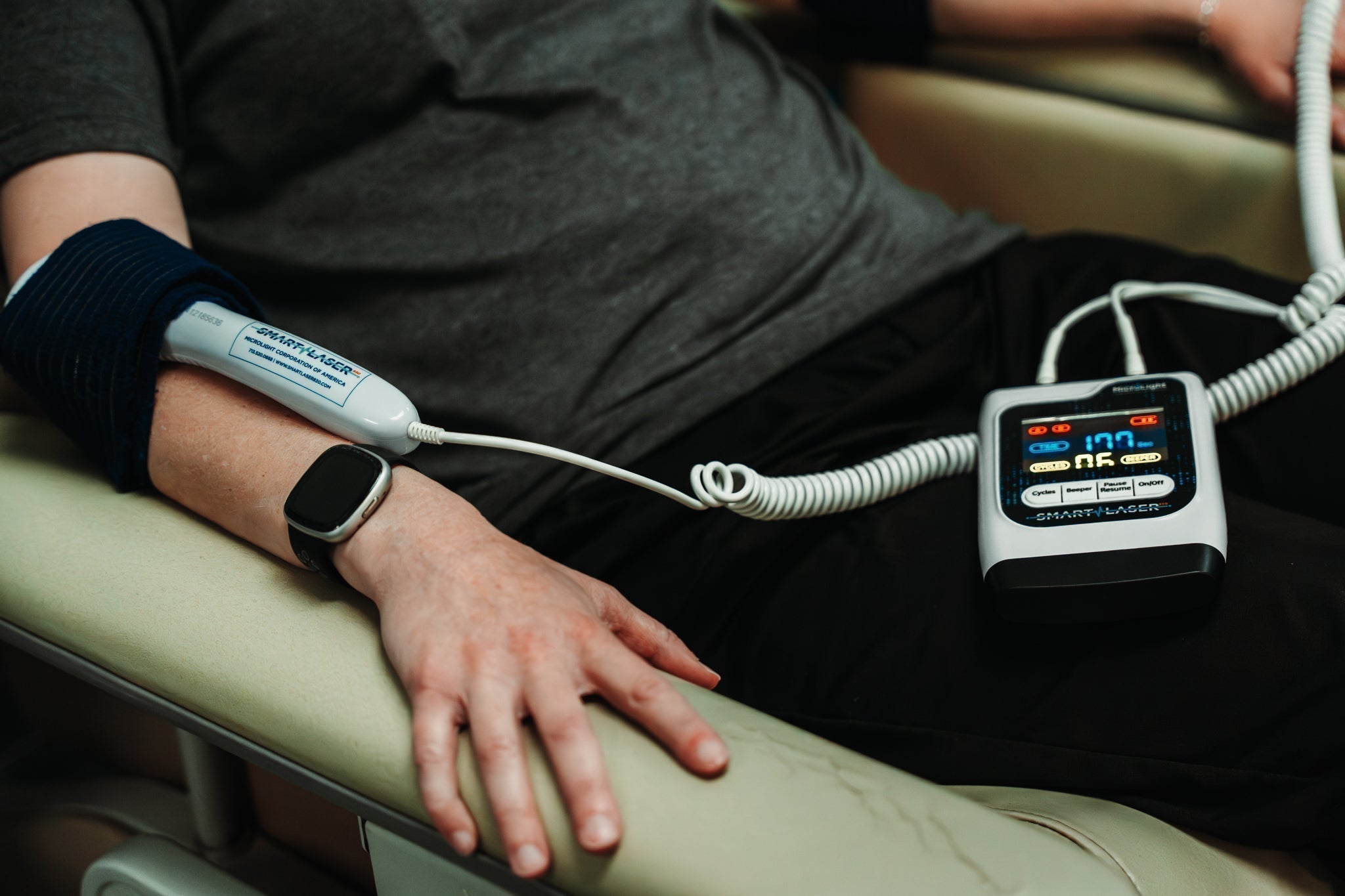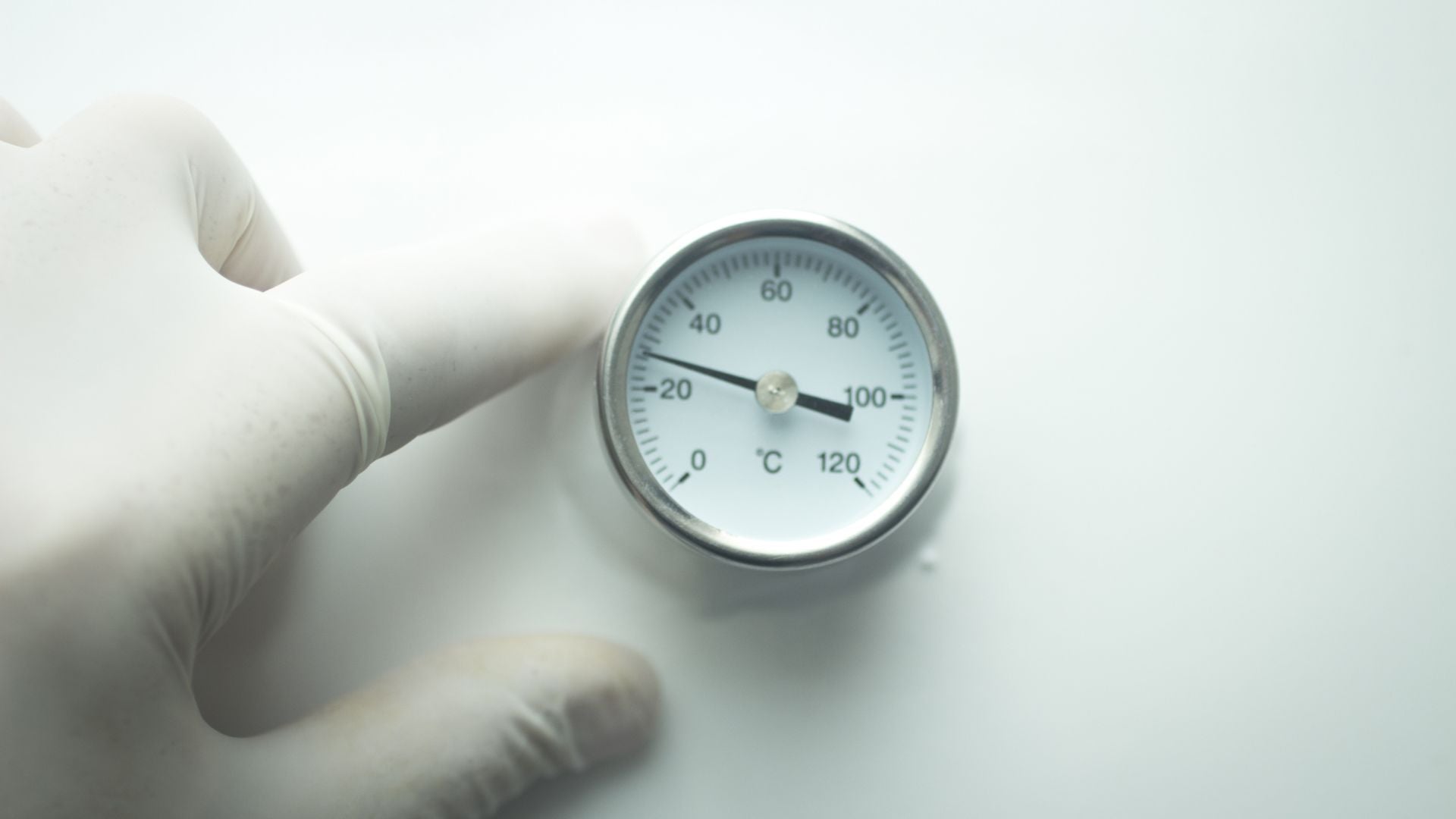by: Thomas Teter, DC
In the fiercely competitive realm of sports, achieving peak performance is the ultimate goal for athletes and coaches alike. While nutrition and training routines are often the focus, the role of sleep cannot be overstated. Here's how sleep profoundly influences athletic success:
1. Facilitates Optimal Recovery and Mitigates Injury Risk
First on our list is the pivotal role sleep plays in an athlete's recovery process. Studies have shown that athletes who consistently get less than eight hours of sleep are 1.7 times more likely to sustain injuries. Adequate rest is essential for the body to repair itself, making sleep a top priority for those looking to stay in top condition.
2. Enhances Cognitive Functions and Decision-Making Capabilities
The mental aspect of sports is just as crucial as the physical. Sleep deprivation leads to impaired concentration, reduced alertness, and slower reaction times, which can significantly impact performance in sports where split-second decisions make a difference. Ensuring ample sleep is critical for maintaining the mental sharpness required for competitive sports.
3. Bolsters Immune Function
Athletes pushing their bodies to the limit are more susceptible to illness, which can disrupt training and competition schedules. Sleep acts as a booster for the immune system, helping to ward off sickness and keep athletes on track towards their performance goals.
4. Directly Correlates with Physical Performance
At the heart of the matter, sleep directly affects an athlete's physical output. Research indicates a noticeable decrease in physical performance in athletes who are sleep-deprived, especially during repeated bouts of activity. Sufficient sleep ensures the body can perform at its best, whether in training or on the game day.
2024 Super Bowl: A Case Study in Sleep's Impact on Performance
Although many factors can lead to the difference between a win on game day, this graphic shows the sleep statistics of the two teams that just participated in the Super Bowl. Although the difference in these numbers are minuscule it shows that the Kansas City Chiefs were more recovered in the 7 days leading up to the game. This graphic shows that the Chiefs had 0.45% more sleep, were 0.75% more recovered, and had 2.35% less strain on their bodies.
The Clinical Bottom Line:
As healthcare providers, it's on us to broaden our focus to all aspects that might affect our patients performance - whether they're athletes or simply dealing with the stresses of every day life. Sleep is a massive part of the success equation, and it's time we started treating it that way. By encouraging better sleep habits, we're not just helping our athletes win games; we're setting them up for healthier, more successful lives both on and off the field.






Share:
Accelerating Recovery and Performance: Insights into Elite Athlete Care
Breathing Thin Air: The Future of Muscle Recovery?